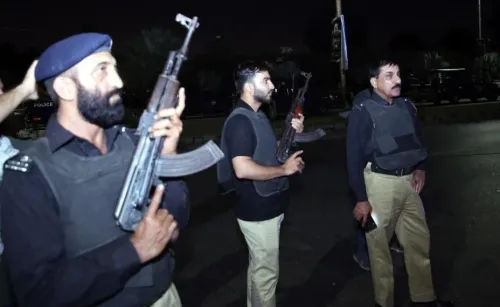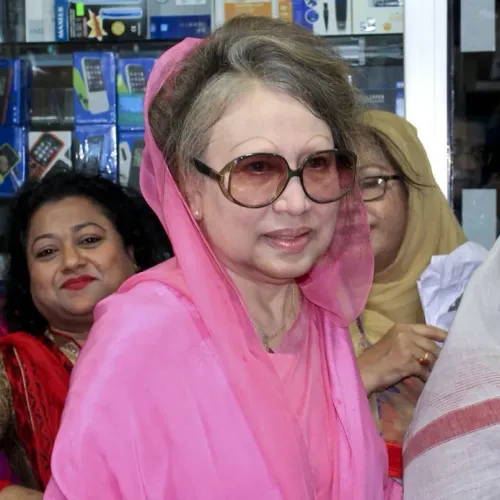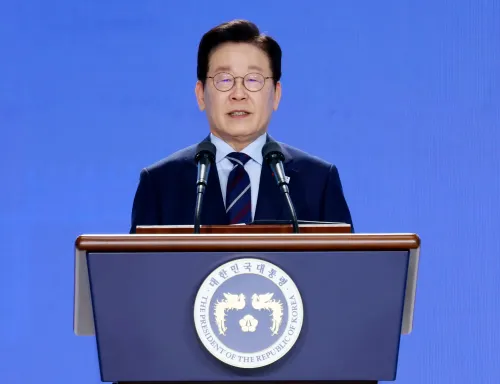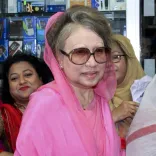Is Pakistan's Human Rights Body Condemning the ‘Honour’ Killing of Awami Action Committee Leader?
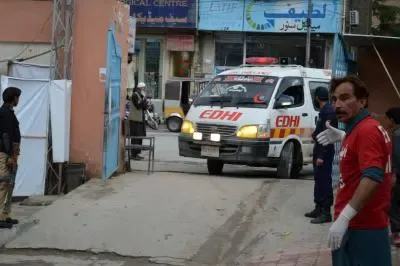
Synopsis
Key Takeaways
- HRCP condemns recent honour killings
- Urgent need for justice and reform
- Victims often face violence from family members
- Culture of impunity must be dismantled
- Public protests highlight civil society's demand for change
Islamabad, Aug 1 (NationPress) The Human Rights Commission of Pakistan (HRCP) has unequivocally condemned the heinous ‘honour’ killing of Javed Naji, vice-chairman of the Awami Action Committee, alongside a married woman in the Tangir district of Pakistan-occupied Gilgit-Baltistan (PoGB).
The commission characterized the incident as a severe infringement on human rights and has called for an immediate response from local authorities.
“The fact that Naji was slain in front of his mother and wife highlights the savagery of this act. This represents the second such occurrence in Tangir within a week, where two men and two women lost their lives in the name of ‘honour’,” the HRCP stated on Thursday.
The rights organization demands a prompt and transparent investigation, the rapid prosecution of those responsible, and decisive measures to dismantle the culture of impunity surrounding honour-related violence in PoGB.
Earlier this week, reports revealed that the HRCP has documented at least 405 honour killings across the South Asian nation in 2024, with the majority of victims being women murdered by family members asserting to protect family honour.
Last month, a couple was executed on the orders of a local tribal council in Balochistan for marrying against their families' wishes.
Pakistan's Defence Minister Khawaja Asif faced widespread backlash for making disgraceful remarks about the Baloch community after a video of the gruesome incident circulated on social media.
Asif attributed blame to the Baloch people, claiming, “the ones responsible for this oppression are your own brothers.”
Baloch activists expressed that Asif's comments were a “matter of regret and shame,” arguing that instead of recognizing the Sharif government's inadequacies regarding the incident, he chose to deflect responsibility for failures stemming from ineffective governance, public distrust in the judiciary and law enforcement, and the unchecked spread of firearms.
Last week, numerous civil society members and rights advocates protested in Quetta, demanding justice and an end to parallel justice systems.
In another tragic event, Sana Yousuf, a prominent Pakistani social media influencer, was recently murdered at her home in Islamabad by a relative, sparking widespread outrage and renewed scrutiny of the country's ongoing honour killing crisis.
Local media reported that the well-known content creator, originally from Upper Chitral, was shot at close range by a male relative who had visited her. He fled the scene immediately after.


